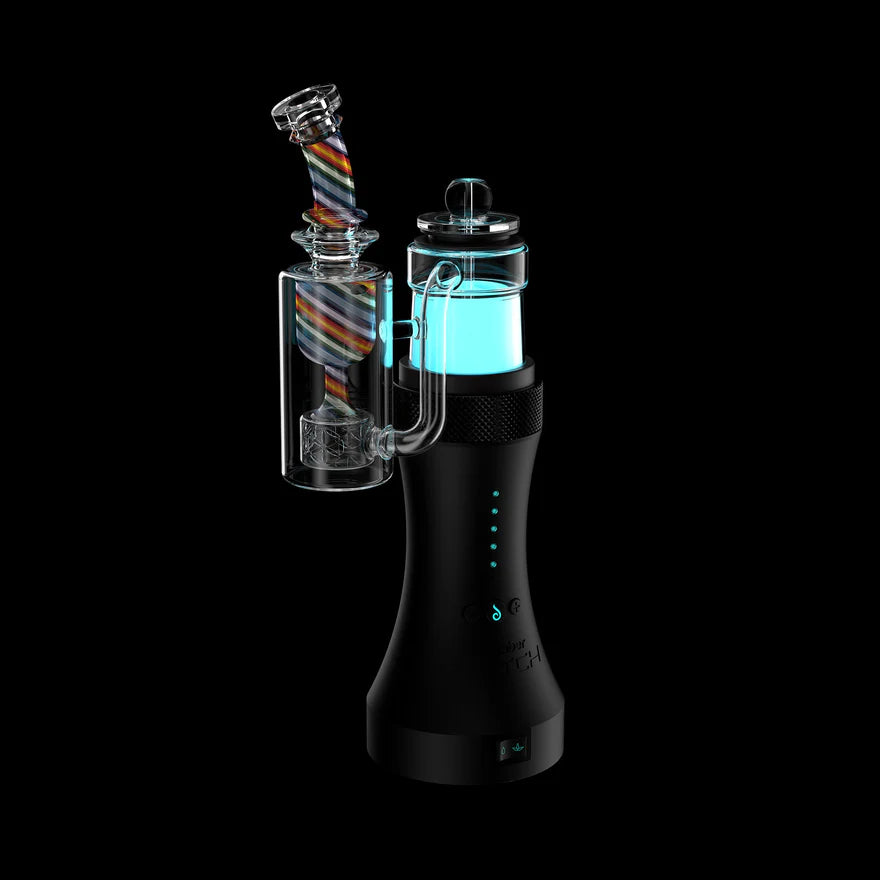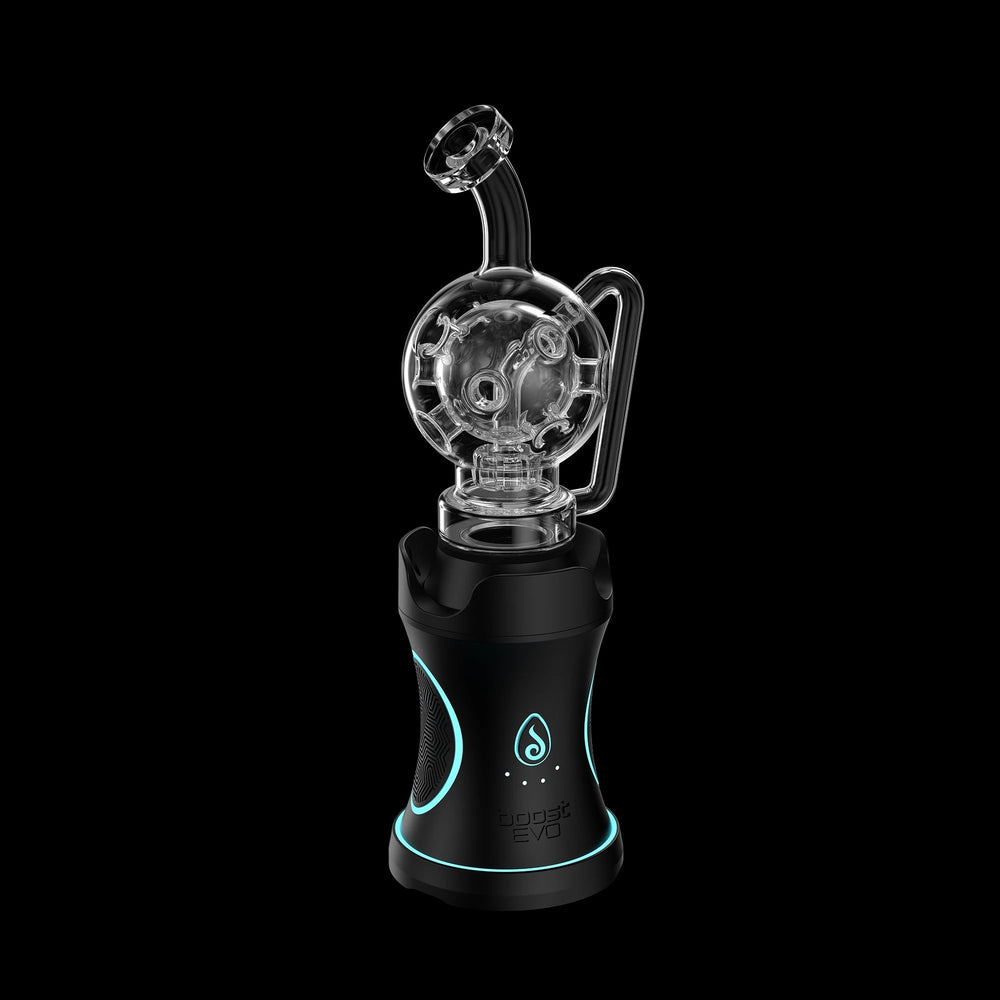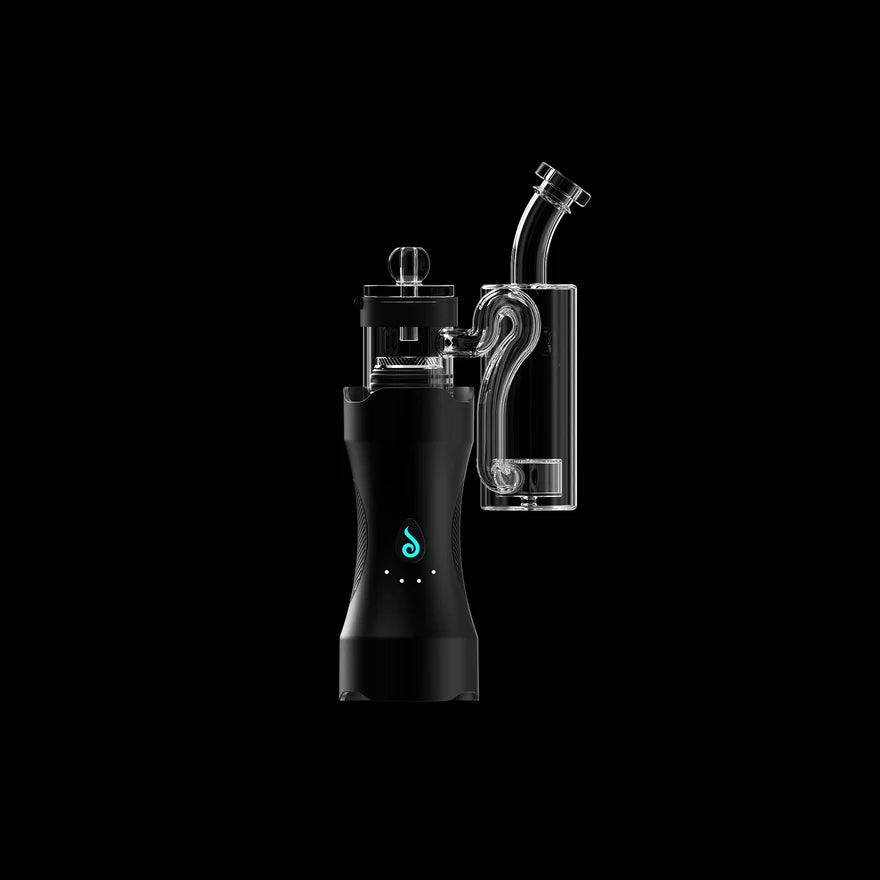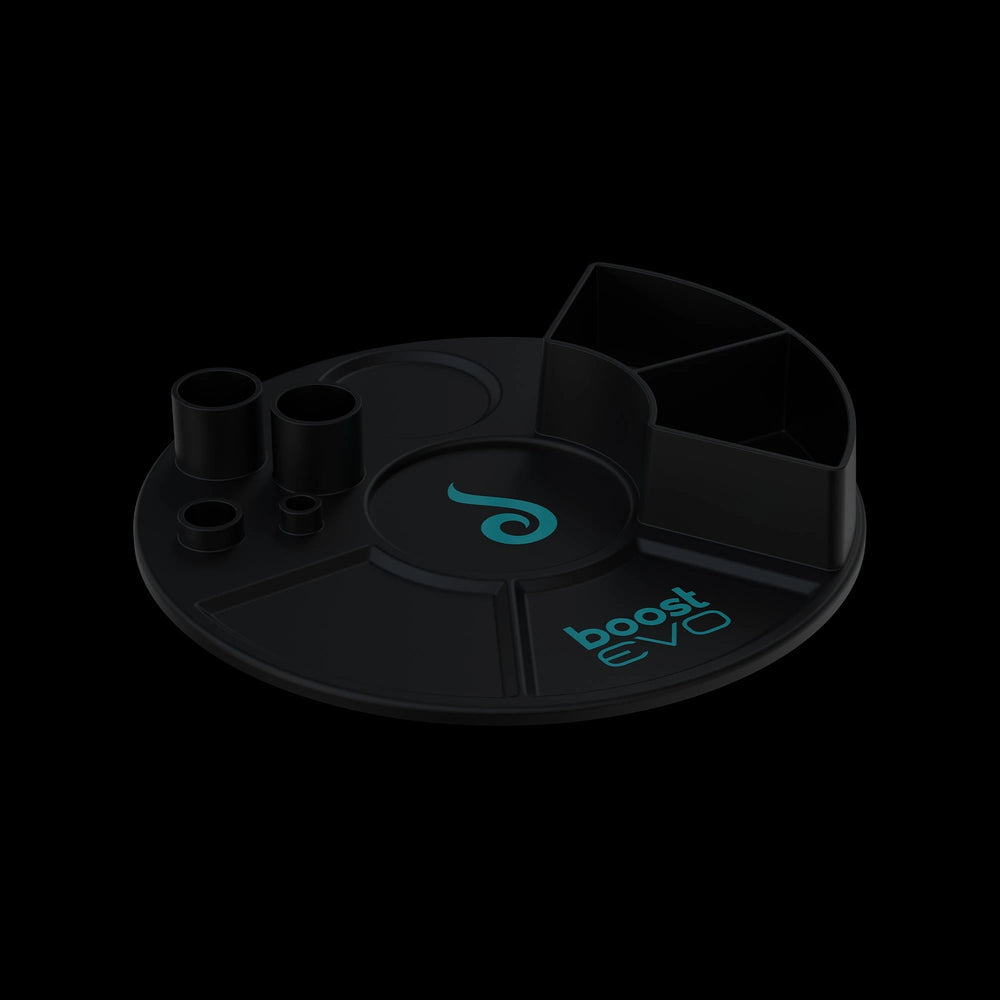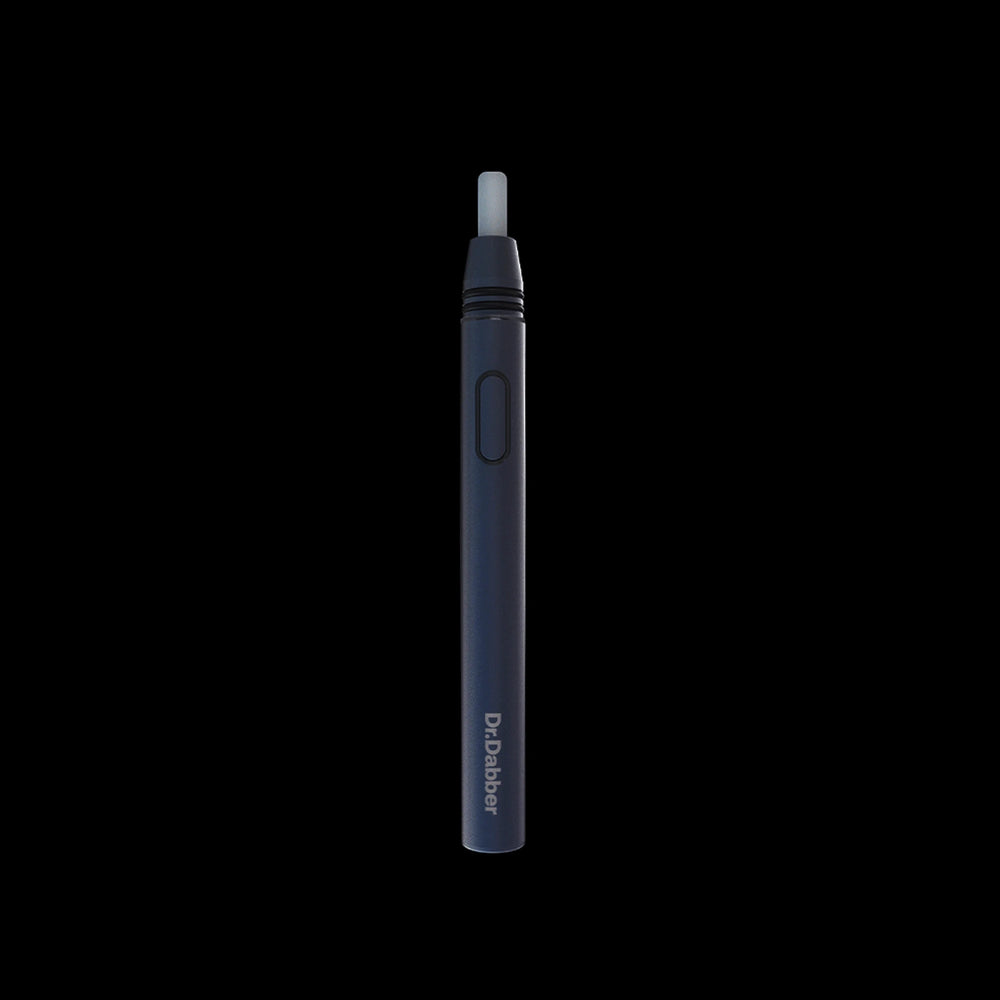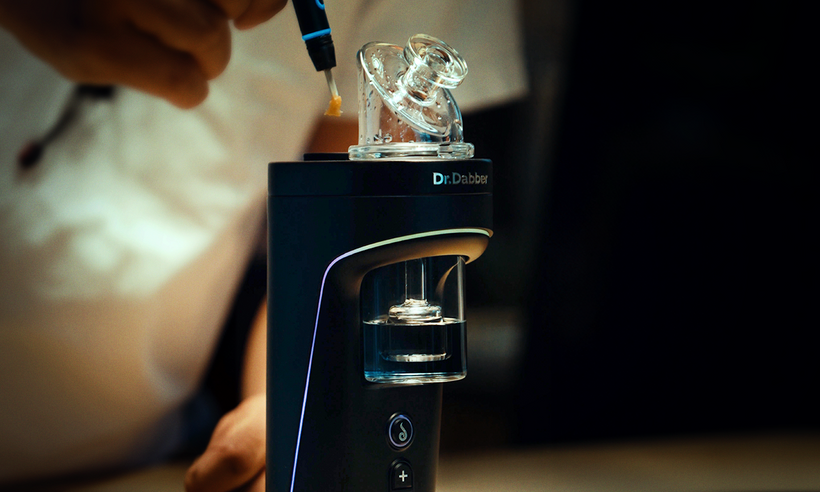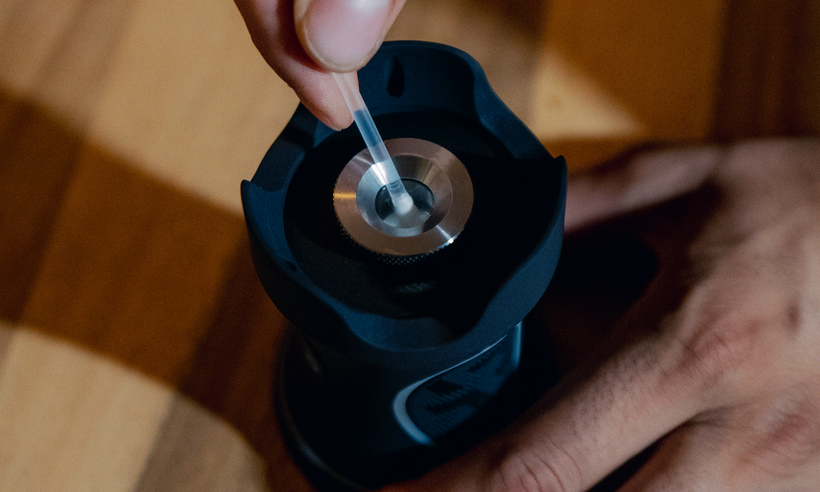Your cart is empty.

Now, more than ever, it seems people are taking steps to reduce their carbon footprint. From the “Save the Turtles” movement sparking sales in reusable straws, to taking your own reusable shopping bags to the grocery store, people are gradually making strides to help the environment where they can. According to the United States Environmental Protection Agency, recycling rates have actually increased over time, from just over 6% of MSW generated in 1960 to about 10% in 1980, to 16% in 1990, to about 29% in 2000, and to over 34% in 2015. Here at Dr. Dabber, we want to do our part in saving the environment, too. From supporting the hemp industry with our Premium CBD Distillate line of vape pens, to choosing recyclable packaging on select products, we hope to make a difference little by little.
Earth Day is something that is important to us, and we feel should be important to everyone. Seeing as how we only have one planet to call home, we should probably take care of it, right? Doing your part in saving the planet doesn’t have to be extreme! In fact, it can actually be super simple and easily integrated into your everyday life. Check out some of these easy tips that can help you eliminate waste and reduce your carbon footprint.

Make the switch to reusable water bottles
Switching from plastic water bottles to reusable bottles has so many benefits. Not only will you eliminate the use of plastic, but many reusable water bottles actually help keep your water cooler longer (especially if you like to add ice cubes). No one likes half drunk water bottles piling up in their car and with a reusable bottle, you don’t have to worry about ingesting any of the chemicals from them sitting in the sun. Case Wester Reserve University says “in addition to being costly and not often recycled, plastic water bottles can contain Bisphenol A (BPA), a chemical that may be linked to breast cancer and may be an endocrine disruptor”.
Already own a reusable water bottle? Take this one step further and invest in a Brita. They’re super affordable, take up less space in your fridge, and will save you money on what you would alternatively be spending on plastic water bottles.
Swap out your light bulbs with energy-efficient bulbs!
Swapping out your current light bulbs with energy-efficient bulbs will not only help the planet, but save you money on your monthly energy bill. Energy efficient light bulbs typically use about 25-80% less energy than traditional bulbs, but also can last 3-25 times longer. These bulbs even produce less heat, so you can worry less about cooling your house during summer months. Side note– make sure to unplug your appliances and turn off your lights when you’re not using them to save even more energy.
Already made the switch to energy efficient light bulbs? Go all in and invest in solar panels! Solar panels are not only great for their energy efficiency but save you money in the long run and increase equity in your house! Not to mention, some states are pushing really hard for solar right now so you can expect to receive tax credits and incentive checks!
Meatless Mondays
According to The World Counts, we consume around 350 million tons of meat a year globally. Unfortunately, the Agriculture industry is the #1 polluter in the world. “How so?” you might ask. Meat requires more energy, water, and land to produce, than any other food source. Meat production is also a large source of greenhouse gas emissions and therefore plays a major role in climate change.
Considering most people would define eliminating meat altogether from their diet a drastic lifestyle change, we suggest narrowing this down to one day a week that you can go meatless! In recent years, tons of restaurants and grocery stores have hopped on board with this initiative by offering meatless substitutes, even including fast food chains like Carls Jr., Skinnyfats, and more. Going meatless won’t just help the planet–there’s tons of research that boasts a substantial list of health benefits connected to a meat free diet including a decrease in the expression of cancer genes among men and dramatic reduction in chances of getting Type 2 Diabetes.
Already a vegetarian? Take this one step further and try going vegan for a day.
Ditch fast fashion
If you’re unfamiliar with this term, fast fashion can be defined as cheap, trendy clothing, that is manufactured at high speed to meet consumer demand. The idea is to get the newest styles on the market as fast as possible, so shoppers can snatch them up while they’re still at the height of their popularity, then sadly, discard them after a few years. Fast fashion forms a key part of the toxic system of overproduction and consumption that has made it one of the largest polluters in the world. This goes beyond environmental impacts, as oftentimes “fast fashion” companies are also tied to poor business ethics including unfair wages for workers and poor working conditions.
You may be thinking, “But I always donate my clothes! They never go to waste”. Unfortunately, there are tons of other people out there who think the same thing - leading to excess inventory at thrift stores. Where does some of this excess inventory wind up? Yep, you guessed it–a landfill.
So shop small and do your research! There are tons of alternatives for apparel brands. While sometimes, these brands may be pricier, the quality of the garments are often built to last and the prices reflect this, in addition to the fair wages their employees are being paid. Larger brands too, however, are starting to catch on. H&M, for example, now offers a “Sustainable” line in their brand, that includes 100% recycled cotton jeans, among tons of other affordable styles. The popular clothing company says that as of 2019, “57% of all materials sourced by H&M group are either recycled or sourced in a more sustainable way” but they strive “to only use recycled or sustainably sourced materials by 2030”. You can even take a bag of your used clothes into an H&M store–not only will they donate it for you, but they’ll give you a coupon towards your next purchase.
In recent years, shopping vintage has made a comeback. Thrifting is not only nice on your wallet, but nice on the planet. Not into buying used clothing? That’s okay–apps like Depop and Poshmark have tons of items listed that are new with tags.
The concept of “fast fashion” actually stretches beyond fashion, though, and into other sectors such as home goods. Check OfferUp, Craigslist, and Facebook Marketplace listings in your area for things around the home. You’ll be surprised what you can find.

Get gardening!
Trees significantly benefit our planet. Similar to humans, trees “inhale” Carbon Dioxide through photosynthesis and “exhale” Oxygen. The more trees, the better the air quality. With the amount of trees that are cut down annually, combined with emissions that enter the atmosphere on a regular basis, the need for more trees is always there. Don’t have a yard to plant a tree in? Get an indoor plant instead–this will help improve your indoor air quality, too.
Gardening doesn’t just help the environment. There’s tons of research showing that getting out in nature has extreme health benefits. Cortisol is the hormone our body releases when we’re experiencing stress. According to Forbes, when our cortisol levels remain elevated, it can increase our risk of depression, mental illness, impaired immune function, weight gain, heart disease, and more. In the same article, Forbes reported a study that referenced after just 30 minutes of gardening, participants’ cortisol levels dropped and their moods were boosted by the activity.
Bring your own reusable bag to the grocery store
Anyone else have a pile of plastic bags from the grocery store just accumulating somewhere in their kitchen? Let’s be honest–we’re never gonna find a use for them.
Many grocery stores still use plastic bags, though some use paper like Trader Joe’s, but some grocery stores now actually charge you for using their grocery bags. Instead of contributing to the use of plastic or paying for a bag, bring your own reusable bag to the grocery store!
Say “goodbye” to tampons, and “hello” to the Diva Cup
The Diva Cup is a game-changer and totally revolutionary when it comes to feminine products. Did you know most name brand tampons are filled with chemicals and bleaches? What do you think happens when you use them? Those same chemicals enter directly into your bloodstream. Not to mention, many of the applicators are manufactured with plastic. Time Magazine reported that experts are saying tampons belong on a growing list of potentially hazardous personal care products–being linked to “endocrine disruptors”–that have been linked to brain disorders, reproductive issues, obesity, and even cancer.
Of course, organic tampons are always an option but they can be pricey. In an effort to keep chemicals out of your system and unnecessary waste out of our landfills (not to mention all the money you’ll save on monthly feminine products), Dr. Dabber says yes to the Diva Cup.
Carpool!
This option might not be totally obtainable right now due to Covid, but nonetheless still a great option to incorporate into your lifestyle for the long run. Carpooling is great for a variety of reasons, not just for cutting back carbon emissions–less cars on the road means less traffic, taking turns driving means less money for gas expenses, and car trips are always more fun when you have a buddy in the passenger seat.
Replace your disposable mask with a reusable one
Since the surge of worldwide Covid cases, disposable mask pollution has skyrocketed. The United Nations recently reported that ocean pollution is being driven by an increase in mask sales. “If historical data is a reliable indicator, it can be expected that around 75% of the used masks, as well as other pandemic-related waste (plastic gloves and sanitizer bottles) will end up in landfills, or floating in the seas.”
Similar to most options on this list, opting for a reusable mask will make your wallet and the environment equally happy. Just make sure you're washing it regularly!
Save the turtles with reusable straws
Straws are another major problem when it comes to ocean pollution. Due to being made of plastic, they don’t break down and wind up in our ocean, polluting ecosystems all over the world and harming marine life every day. Instead, try investing in a reusable straw. They come in all different forms–metal, silicone, collapsible, etc.–and are super affordable. There are ones that even come packaged as a keychain, making them extra convenient and discrete to carry around.











